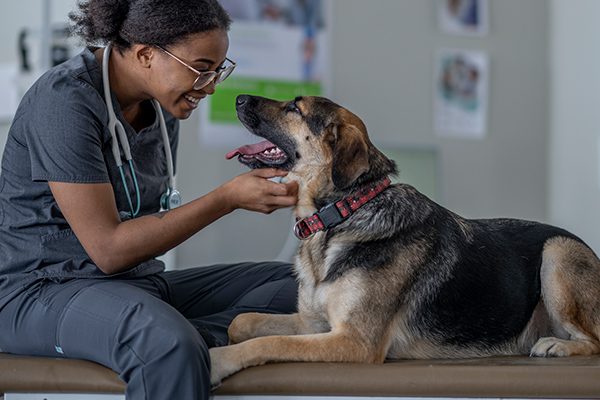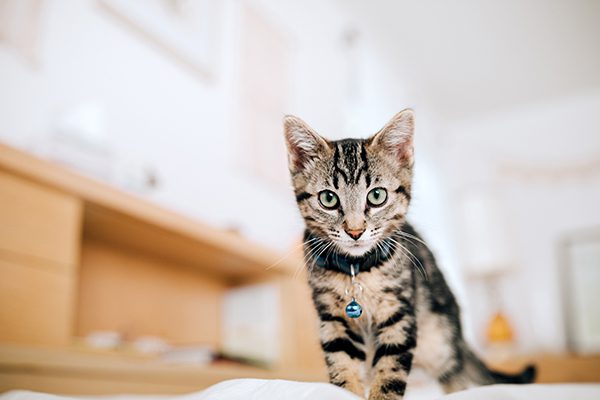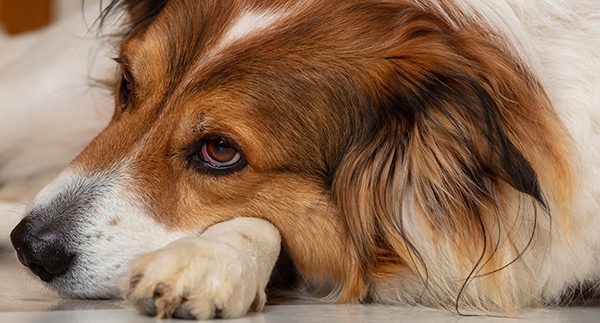Can Dogs Eat Grapes?
It can be irresistible to want to share human food with your canine companion. However, you must be aware that certain foods, such as grapes and raisins, are toxic to your pup.
You should never allow your canine to eat grapes. If your canine consumes grapes, it can lead to kidney breakdown and can even be deadly. Treating grape toxicity generally requires hospitalization and induced vomiting. Keep these toxic fruits away from your dog and out of paw’s reach.
There are excellent alternatives for grapes if you want to share your food with your canine. If you want to know why dogs cannot eat grapes, check out this article.
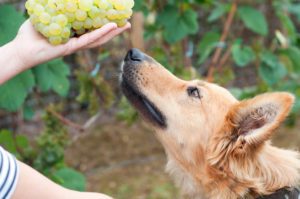
Why Are Grapes Bad for Dogs?
Grapes and raisins are poisonous to dogs because they contain tartaric acid and potassium bitartrate. Tartaric acid can cause diarrhea, vomiting, and even kidney failure. The toxicity of grapes can vary depending on a variety of factors. Overall ripeness, where the grape was grown, and the type of grape can cause the grape to have different levels of tartaric acid.
What Are The Symptoms of Grape Poisoning in Dogs?
It is fairly easy for your dog to ingest grapes. For example, your pup may have eaten a few grapes you dropped on the floor, or your children decided to pick the raisins out of their cereal and leave them on the kitchen table for your canine to get a hold of. These are a couple of examples of the situations that can occur, and if this happens, you need to know the symptoms to watch out for. Symptoms of grape poisoning in dogs include:
- Abdominal pain
- Dehydration
- Diarrhea
- Increased thirst
- Increased urination
- Lack of appetite
- Lack of energy
- Vomiting
If your dog develops kidney failure, other signs may be tremors, seizures, or coma. If you think your dog has ingested raisins or grapes, do not hesitate to contact your veterinarian, or you can call the ASPCA Animal Poison Control.
What Do I Do if My Dog Eats Grapes? 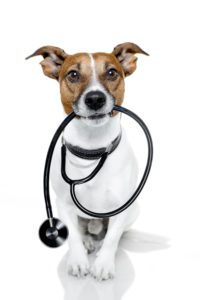
Even if your dog only ate one grape or raisin, it could have a fatal outcome. You want to get the toxic fruit out of your pup’s system as soon as possible. Your veterinarian may get you to try and induce vomiting at home. However, do not in any situation do this without communicating with your veterinarian first.
You also do not want to induce vomiting if your dog is unconscious, as it can lead to aspiration. However, time is of the essence. If you cannot reach your veterinarian, you can try a pet poison hotline, or you may want to take your pup to the emergency vet.
What is Treatment for Grape Toxicity in Dogs?
Treatment aims to block the absorption of toxins and protect the kidneys from damage or failure. The best remedy to induce vomiting is to administer activated charcoal. It will keep the toxin from being absorbed by the intestines. Grapes and raisins can remain in the stomach for a long time, and inducing vomiting is crucial, even if it is done up to 4 to 6 hours after ingestion.
After vomiting has been induced, the veterinarian will give supportive care and administer intravenous fluids to correct dehydration and protect the kidneys to lessen the harm done to them. Dogs should be hospitalized for at least 48 hours following ingestion. The doctor may give drugs to control the vomiting, help sustain blood flow, and regulate blood pressure.
If your canine has ingested something poisonous, they may require a hospital visit for a few days. Your veterinarian will determine the success of treatment based on kidney function and figure out if any further treatment is necessary. Once your pup has been released, there will be a follow-up to ensure everything is in working order.
How Can I Block My Dog from Eating Toxic Foods?
Grapes and raisins are good for humans due to the antioxidants found in the fruit. They are also wonderful, healthy snacks for kids to eat. However, these foods are toxic to dogs. If your kids are messy eaters, you may want to supervise them during snacks or mealtimes to make sure these items do not end up on the floor where your pup can get them.
What Fruits Can My Dog Eat?

Your dog may want a sweet dessert sometimes. You can mix these “safe fruits” with plain Greek yogurt and give it to your pup as a snack:
- Apples
- Bananas
- Blueberries
- Strawberries
Your dog may also eat peaches, cranberries, mango, and pumpkin. You can dice these fruits and serve them with yogurt. For every half a cup of yogurt, add one-third cup of fruit. Throw it all into the blender and combine it until smooth and the fruits are thoroughly blended.
Dairy food should only be given in small, measured amounts. Give them one spoonful at a time if you have a small dog. Medium pups get two spoonfuls, and large dogs can have three. The yogurt and fruit together are a healthy, tasty treat. Your pup will love it!
Conclusion
Grapes are deadly to canines and can lead to kidney failure. You must be careful not to leave these foods in the house where your pup can get to them, and you should ensure your kids know never to feed the dog any human snacks. If you think your dog consumed even one grape, contact your vet, or get them to an emergency vet immediately.
For pet parents in the Clifton Park, NY area, Cornerstone Veterinary Hospital of Clifton Park is here to serve you and your pet. Give us a call today at (518) 383-6254 or book an appointment online.
Recent Posts
What Does It Mean To Be A Fear Free Certified Vet Professional?
What Does It Mean To Be A Fear Free Certified Vet Professional? When looking for a new…
Clifton Park Cat Owners: How to Tell if Your Cat is in Pain
Clifton Park Cat Owners: How to Tell if Your Cat is in Pain Cats are some of…
10 Causes of Dog Eye Redness and What You Should Do
10 Causes of Dog Eye Redness and What You Should Do When your dog’s eyes are red…
About Us
Originally opened as Animal Care Hospital by Dr. Mark Johnston in 1989, the hospital became Cornerstone Veterinary Hospital in 2015 when it was purchased by Drs. Alan and Lisa Knott. The name 'Cornerstone' holds a special place in their hearts, representing not only their Christian faith but also their commitment to being the cornerstone of the community in which they practice. As a family-owned and operated practice, every pet is treated as part of the family, ensuring they receive the highest standard of care. The team at Cornerstone Veterinary Hospital is dedicated to building lasting relationships with clients and their beloved pets, striving to be the cornerstone of the community in which they practice.
